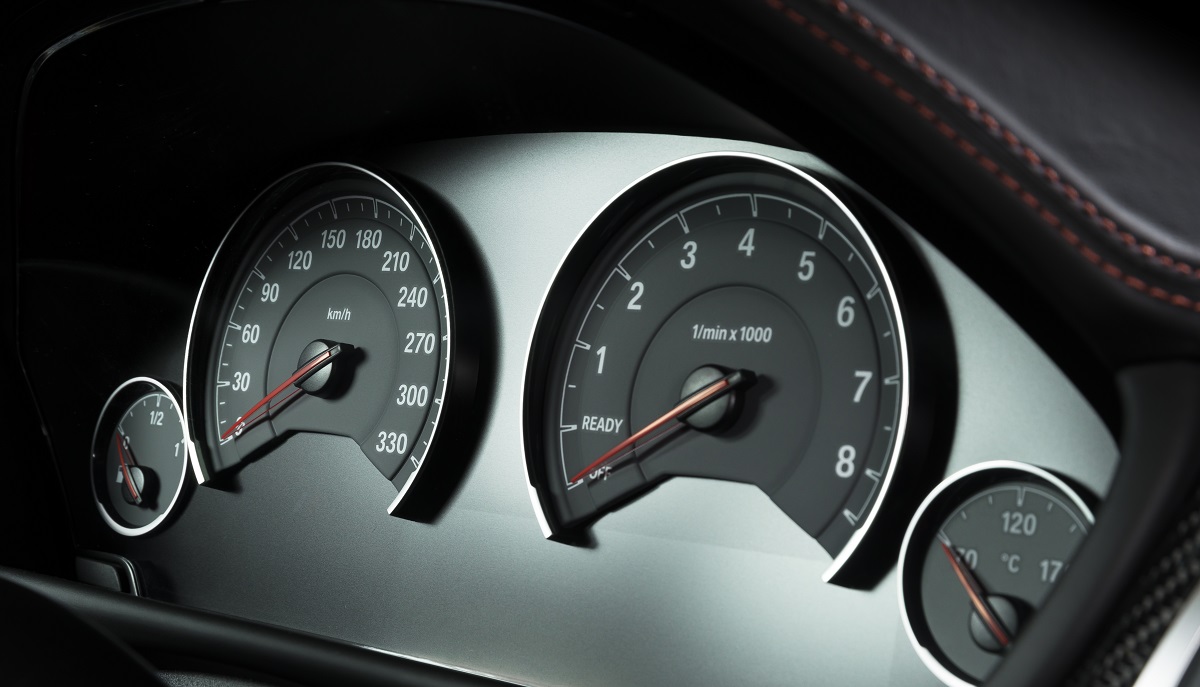A used car is an affordable option for those who are on a budget. You might already have a few that are on your shortlist. You need to consider all factors when purchasing because the amount you have to spend to own a vehicle.
Mileage is a significant determining factor because too many miles mean that a car is only a short time away from going to the junkyard.
How much mileage is good?
The answer to this question is not black and white. Two cars might have differing miles and years between them. One vehicle might have 70,000 miles on it while another has 100,000. The first thing some prospective buyers will consider is the car with fewer miles in it, but you have to review the vehicle’s history before you make a choice.
The car with 70,000 miles on it might have been a rental vehicle that many types of drivers used over the years. They might have driven it through rough roads, and some drivers may have overworked the brakes and driven it hard.
On the other hand, the car with 100,000 miles on it may have been driven on highways and flat roads for most of its life. It is important to view the service record and ask the seller how the car’s previous driver used it.
Cars with just approximately 30,000 miles on it are a good sign, especially if it belonged to only one owner who meticulously serviced it. You might get this vehicle at a good price despite the years it has been with the owner. This overall mileage is low and if you find one at this number buy it.
If you are looking around for a used Kia for sale, experts generally agree that 10,000 to 15,000 miles a year is a good number for mileage. It is not overused and has more years left in it once you buy it.
More than Just Mileage

Other than mileage, you should consider other factors when purchasing a used vehicle. These are some of them:
- Maintenance records show how much service a car has undergone over the years. This also shows that its previous owner cared about keeping the vehicle in top condition. Try to get this so that you can make an informed choice.
- Inspect the car for defects and damage such as engine, brakes, transmission, starter and clutch just to name some parts. The clutch and brakes often wear out faster because of heavy use. Have parts checked to determine which ones need replacing and if doing so will cost you more.
- Purchase from a private dealer as much as possible. They often provide more details about the used car you want to buy. You might also get a better deal when you negotiate with them.
- If you can afford it, have a third-party mechanic inspect the car so that you will not miss any current or potential problems the vehicle may have.
Mileage is an important determining factor in purchasing a used car. However, you should also consider other factors like those mentioned above. Gather as much information as possible to get a good value vehicle.


